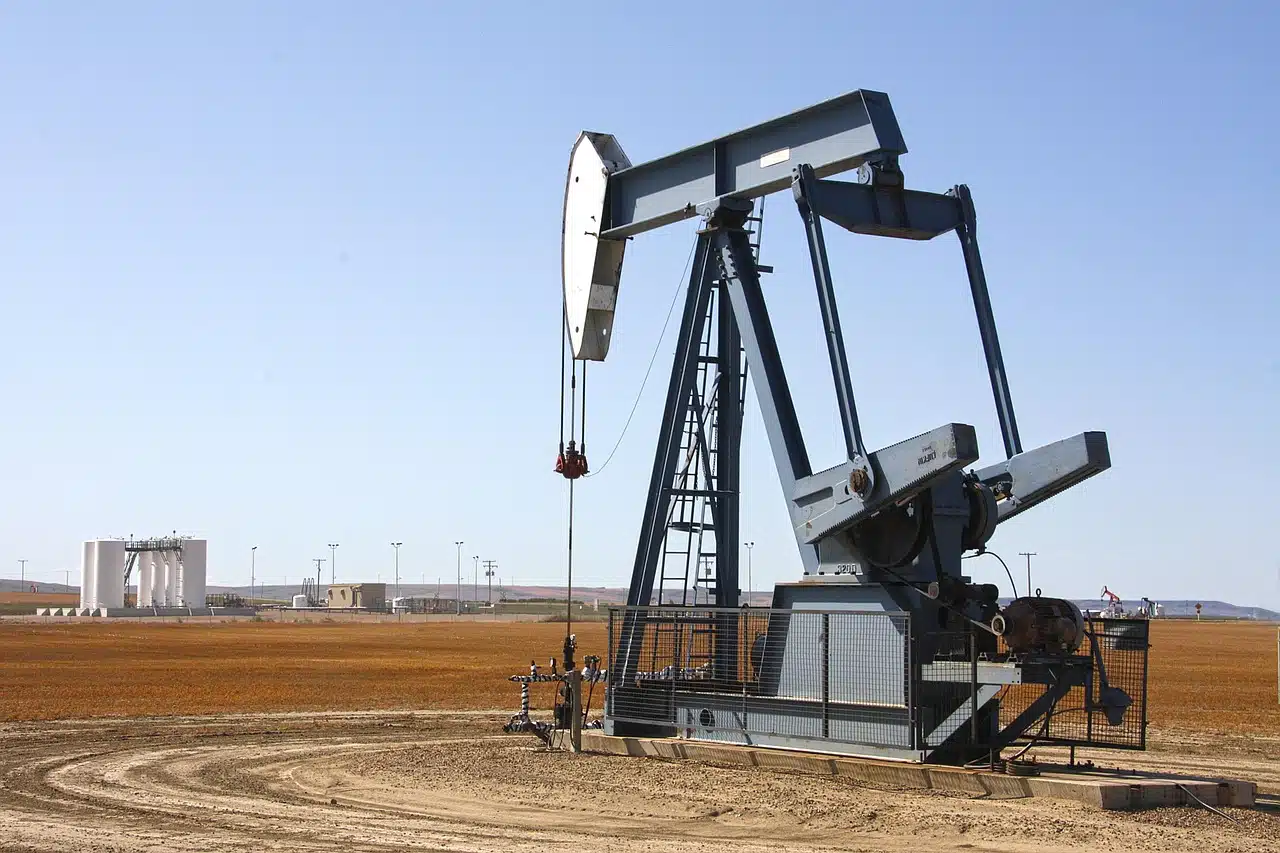
Public companies usually intervene in strategic sectors such as energy and telecommunications.
A public company is a company owned by a State , which is responsible for its administration and direction . In this way, the management of the entity is carried out by institutions, ministries, agencies or organizations controlled by the government .
Due to the role of the State, the public company is also known as a state company . If the private sector has participation in the capital of the firm, it is a mixed company . Finally, when ownership and management are not state-owned, it is called a private company .
Purpose of a public company
The purpose of a public company is that defined by the authorities in charge of public administration . Although the objectives may be established in statutes or other documents, they are generally related to the economic policy of the rulers in power.
Typically, the purpose of these companies is the provision of public services : that is, benefits that contribute in some way to social well-being. These services are considered essential and, therefore, cannot be left to the logic of the market .
In this way, public companies make it possible to guarantee the provision of certain services under the conditions that the rulers consider appropriate, without depending on profitability or the decisions of the private sector. On the other hand, these companies are used to generate employment and to promote productive activity and economic development .
Although a state-owned company is expected to be efficient and profitable , profit maximization is not its essential objective. A government can accept that the State assumes the losses and maintain the offer of the service or production because it considers it necessary or useful for society.

Profit maximization is not the primary goal of a public company.
The financing
The financing of a public company comes from various sources. Like a private company, it obtains income from the marketing of its products and/or services.
Another possibility is that it resorts to the financial market to obtain the resources. And it can also receive funds directly from the state budget (from taxes, grants, etc.).
It can be stated, in this context, that it is normal for all citizens to contribute to the maintenance of public companies when they comply with their tax obligations . This is usually a source of criticism from some economists since it is likely that low-income people who do not use the company's services are financing it by purchasing food and other basic products whose price includes a certain percentage of taxes.
Sectors of the economy with public companies
The sectors of the economy with public companies are considered strategic by the authorities. Energy , waste management , telecommunications and water and sanitation , for example, are areas where the participation of public companies is frequent.
There are also public companies that make the development of infrastructure possible or that contribute to consolidating the country brand . In a broad sense, in short, it can be noted that these companies are valuable at a social level because they make a contribution that benefits all citizens or that satisfies a group's need.

A public company must satisfy a community need and contribute to social well-being.
Its importance
Public companies are important for many reasons. It is key that they can offer essential services at an affordable price or that, with their intervention in the market, they at least influence the formation of prices.
They may also develop activities that are not profitable to satisfy a need in society. While private companies do not engage in tasks that are not lucrative, public companies go beyond economic profit.
Strategic participation in the exploitation of natural resources and positioning in certain areas to prevent the formation of private monopolies are other key facets of public companies.
Control and audit of public companies
The control and audit of public companies is essential to avoid embezzlement of funds. In fact, many of the criticisms made by those who oppose the existence of this type of companies revolve around the acts of corruption that are usually detected in them.
Regulation , then, is essential. There must be supervisory authorities that inspect the operation of the company to guarantee transparency .
Accountability , meanwhile, must be carried out according to the specifications of the law. That is why the accounting statements or balances must be published in accordance with what is established so that the control task can be carried out accordingly.
From nationalization to privatization
It is interesting to note that there are companies that were public and were privatized and, in the opposite sense, others that were private and ended up being nationalized.
Privatization takes place when the State decides to get rid of a company, selling part or all of its shares and handing over management. This determination is generally linked to the intention to reduce state spending.
Nationalization , on the other hand, implies that the State assumes control of a company that was in private hands. The procedure can be carried out in different ways and sometimes it is even done forcefully.
Take the case of Aerolíneas Argentinas , the flag airline of the Argentine Republic . It was born from the union of four mixed companies that, in 1949 , began to operate as a state company. The following year, the official creation was finalized under the name Aerolíneas Argentinas . Four decades later, it was privatized by decision of President Carlos Menem , becoming a public limited company . However, in 2008 , Aerolíneas Argentinas was renationalized and once again became a public company. With each of these changes, who made corporate decisions changed: the State or businessmen.
Also in Argentina we can mention the historical journey of Yacimientos Petrolófilos Fiscales ( YPF ). It emerged in 1922 as a public company by the will of President Hipólito Yrigoyen , in the 1990s it was privatized by Menem and since 2012 it has operated as a mixed company based on the political decision of Cristina Fernández de Kirchner .
